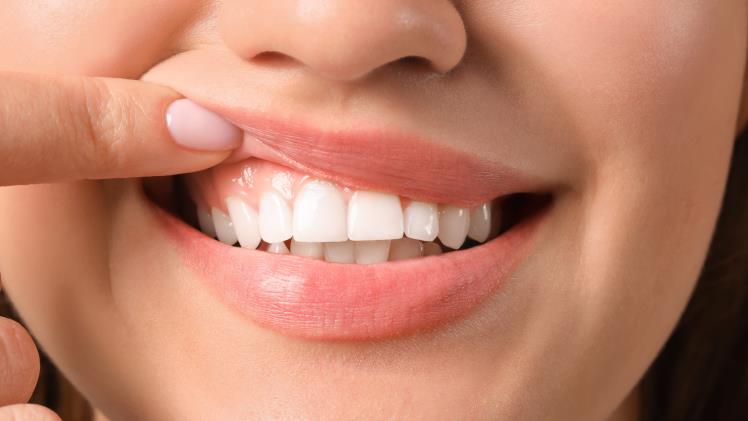Gum recession is a common dental problem that occurs when the gum tissue surrounding the teeth wears away or pulls back, exposing more of the tooth or even the tooth root. Receding gums can lead to sensitivity, tooth decay, and even tooth loss if left untreated.
Fortunately, there are several steps you can take to prevent gum recession and maintain healthy gums. We will explore some essential tips to help you keep your gums in excellent shape and ensure a beautiful smile for years to come.
Brush Gently, But Thoroughly: Brushing your teeth twice a day is crucial for good oral hygiene, but it’s equally important to do it gently. Aggressive brushing can damage the delicate gum tissue and contribute to gum recession.
Use a soft-bristled toothbrush and gentle, circular motions to remove plaque and debris without harming your gums. Aim to brush for at least two minutes each time, making sure to reach all areas of your mouth, including the gum line.
Floss Regularly: Flossing is often overlooked, but it plays a significant role in gum health. Regular flossing helps remove plaque and food particles from between the teeth and along the gum line, preventing the buildup of harmful bacteria. Make flossing a part of your daily routine to keep your gums and teeth in excellent condition.
Rinse with an Antiseptic Mouthwash: Using an antiseptic mouthwash can help reduce bacteria in your mouth and prevent gum infections that may contribute to gum recession. Look for a mouthwash containing essential oils or chlorhexidine, and use it as part of your daily oral hygiene routine.
Quit Smoking: Smoking is a significant risk factor for gum disease and can accelerate gum recession. If you’re a smoker, quitting is one of the best things you can do for your oral and overall health.
Maintain a Balanced Diet: A well-balanced diet is essential for overall health, including gum health. Proper nutrition provides your body with the vitamins and minerals necessary to support strong gums and teeth. Include foods rich in vitamin C, such as citrus fruits and leafy greens, as it aids in collagen production, which is vital for healthy gum tissue.
Limit Sugary and Acidic Foods: Frequent consumption of sugary and acidic foods and beverages can lead to enamel erosion and increase the risk of gum recession. Limit your intake of sodas, candies, and other sugary snacks, and when you do indulge, make sure to brush your teeth afterward.
Wear a Mouthguard: If you grind your teeth at night or participate in contact sports, wearing a mouthguard can protect your gums from excessive force, reducing the risk of gum recession due to trauma.
Regular Dental Checkups: Visit your best dentist in Plano regularly for checkups and professional cleanings. Your dentist can identify early signs of gum disease or recession and provide appropriate treatment before the condition worsens.
Conclusion:
Preventing gum recession requires a combination of good oral hygiene practices, a balanced diet, and regular dental visits. By taking care of your gums and teeth, you can maintain a healthy smile and reduce the risk of gum-related issues in the future. Remember, early detection and intervention are key to addressing gum problems effectively, so don’t hesitate to consult your dentist if you notice any changes in your gum health.
Preventing receding gums involves practicing gentle brushing and flossing daily, using a soft-bristled toothbrush, and avoiding aggressive brushing. Regular dental checkups are essential for early detection and treatment of gum issues. Additionally, maintaining a balanced diet and avoiding smoking contribute to overall gum health.

